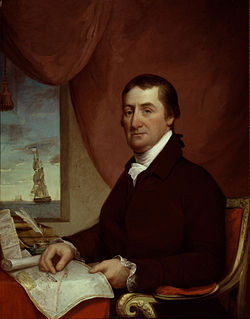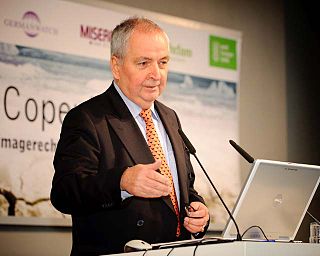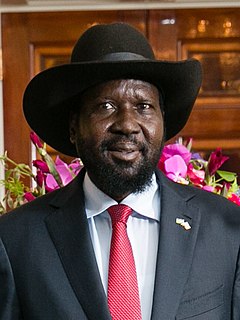A Quote by Cary Fowler
Loss of genetic diversity in agriculture is leading us to a rendezvous with extinction--to the doorstep of hunger on a scale we refuse to imagine. To simplify the environment as we have done with agriculture is to destroy the complex interrelationships that hold the natural world together. Reducing the diversity of life, we narrow our options for the future and render our own survival more precarious.
Related Quotes
There are scarcities in drinking water when you pollute the groundwater with nitrates. There is a scarcity in diversity when you create huge cornfields with the same strain of corn so that when one disease strikes - which happened in the United States in the 70s - all the cornfields in the country are wiped out. That was the first time the U.S. realized the value of diversity in agriculture and began to discuss genetic resources and their conservation.
I am a great supporter of bionics and this diversity in nature, this genetic diversity, is not available for free. We, as industrialized nations, have already sinned enough, and we have significantly reduced biodiversity in our countries. But now we expect the poor, less developed countries of the world to preserve their rainforests, mangrove forests and coral landscapes for us at no charge.
Women have an important role in agriculture. We need to introduce technology, which will help us harness the potential of women in agriculture. We need to divide the agriculture sector into three parts- regular farming, farming of trees and animal husbandry. If we are able to do this, the contribution of our women will increase even more.
Creating harmony amidst diversity is a fundamental issue of the twenty-first century. While celebrating the unique characteristics of different peoples and cultures, we have to create solidarity on the level of our common humanity, our common life. Without such solidarity, there will be no future for the human race. Diversity should not beget conflict in the world, but richness.



































